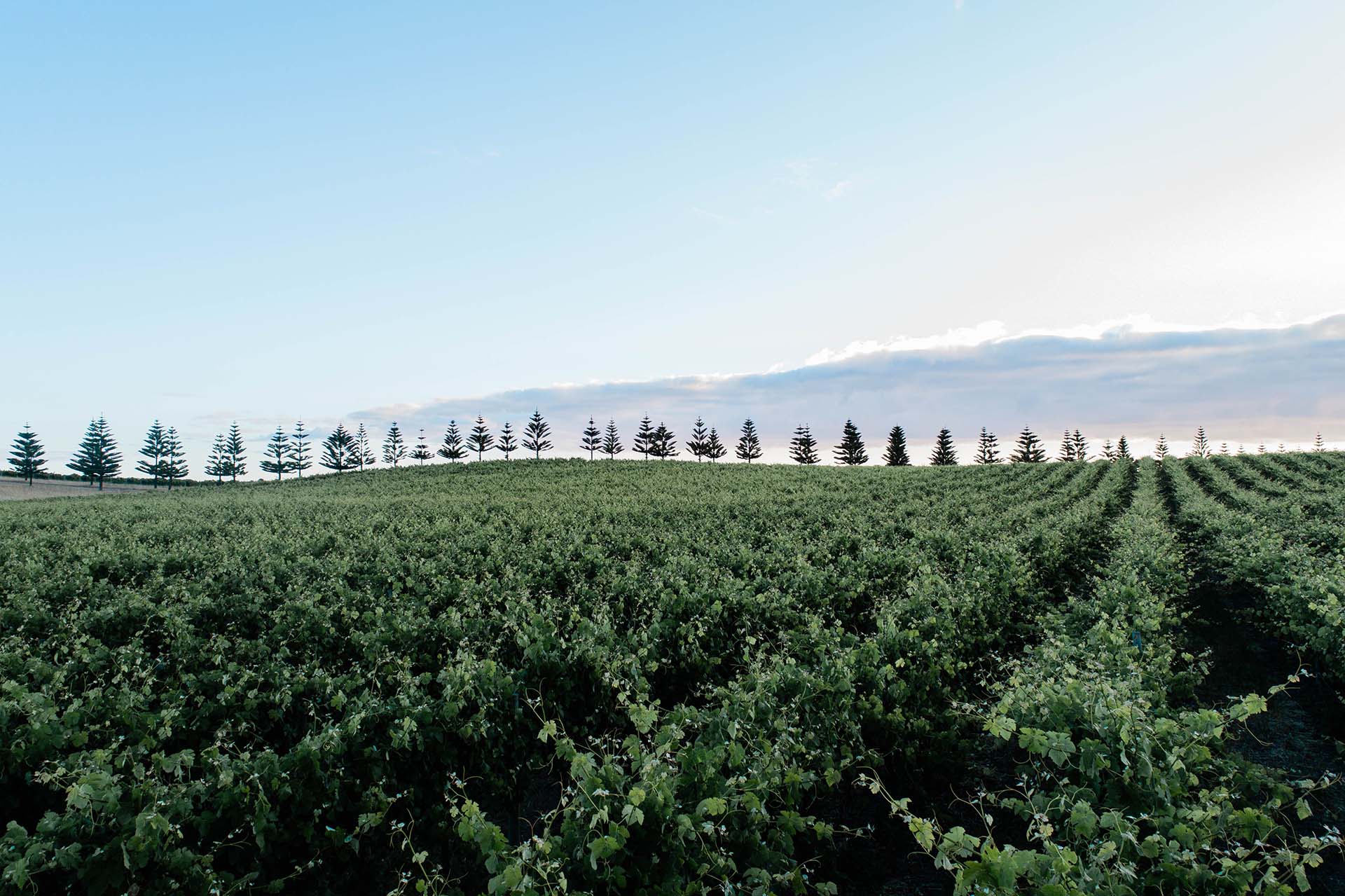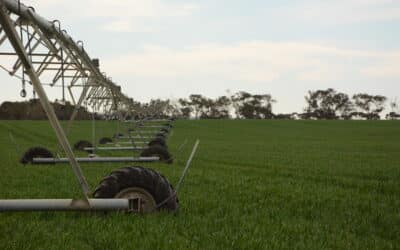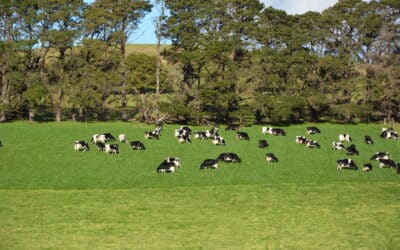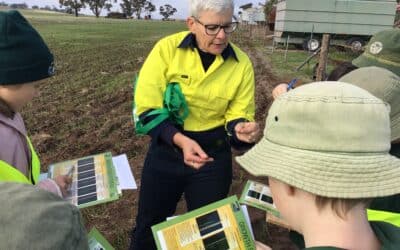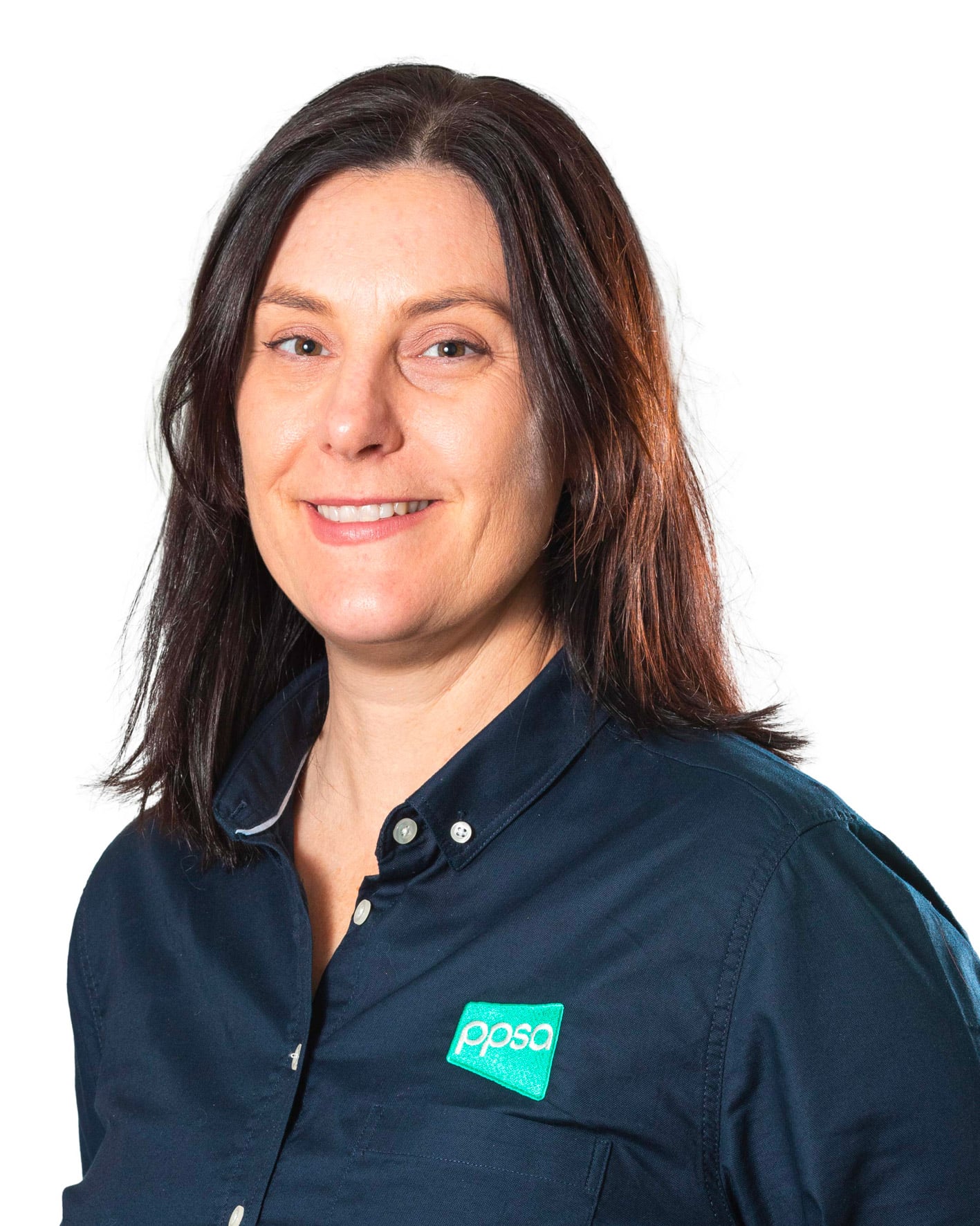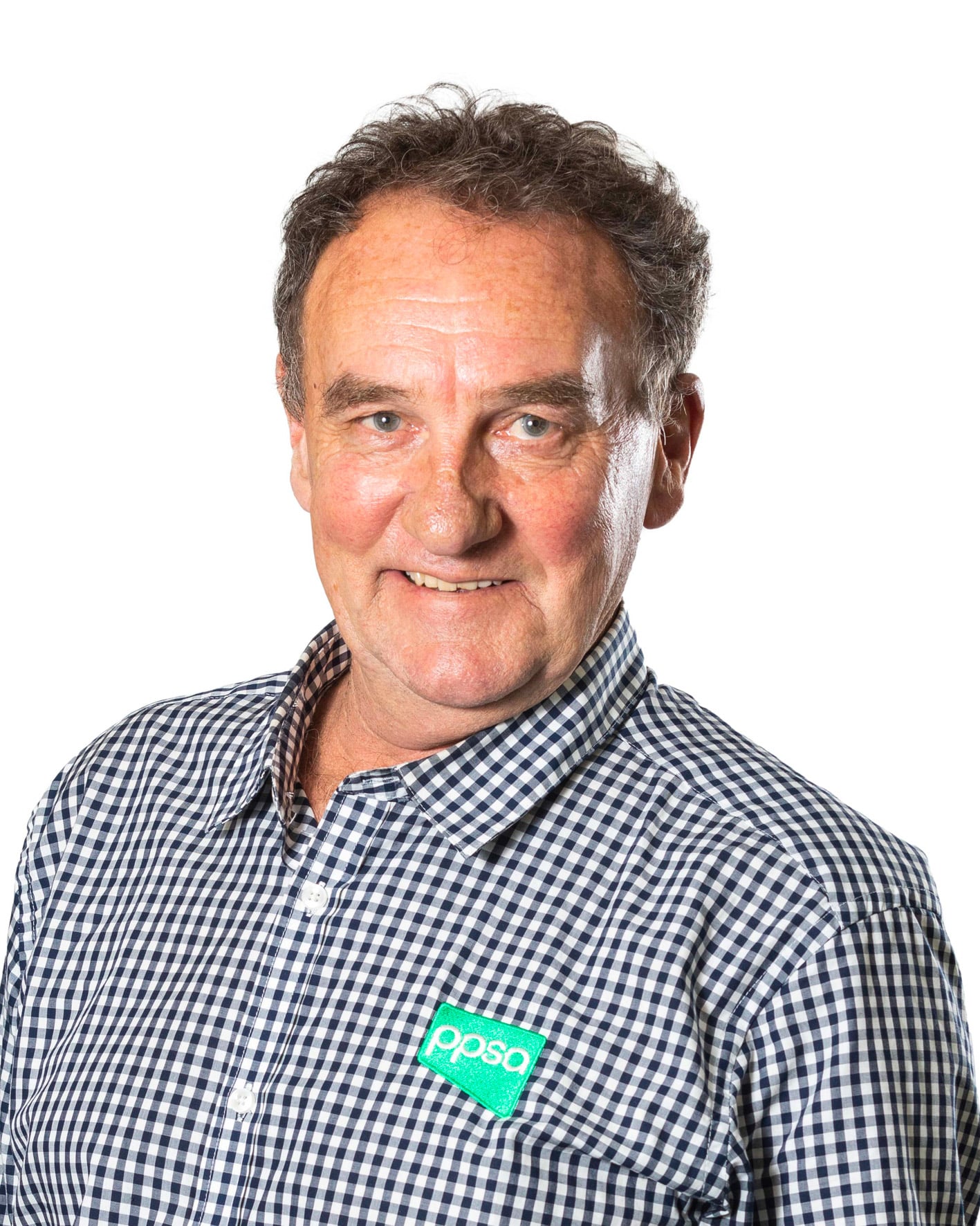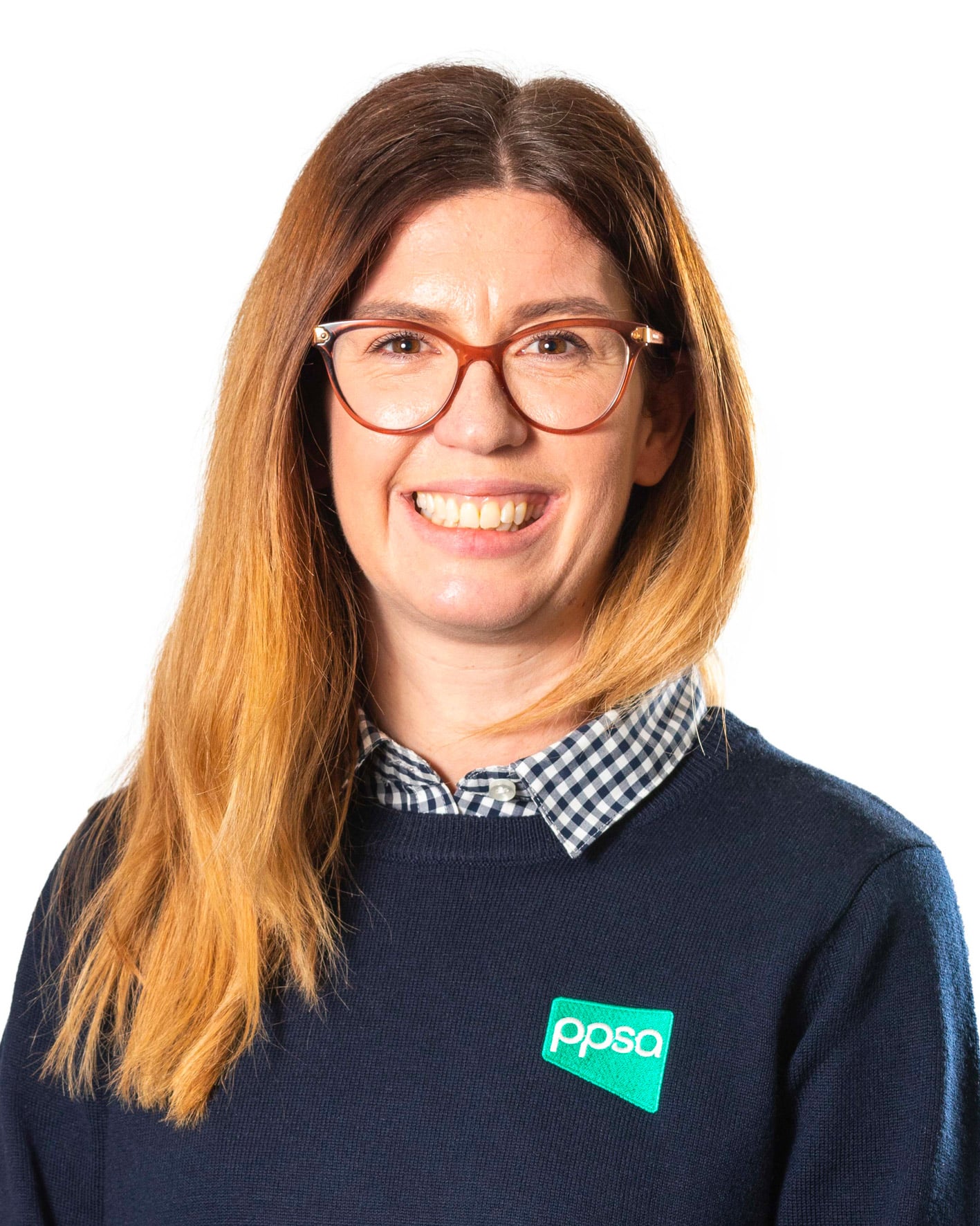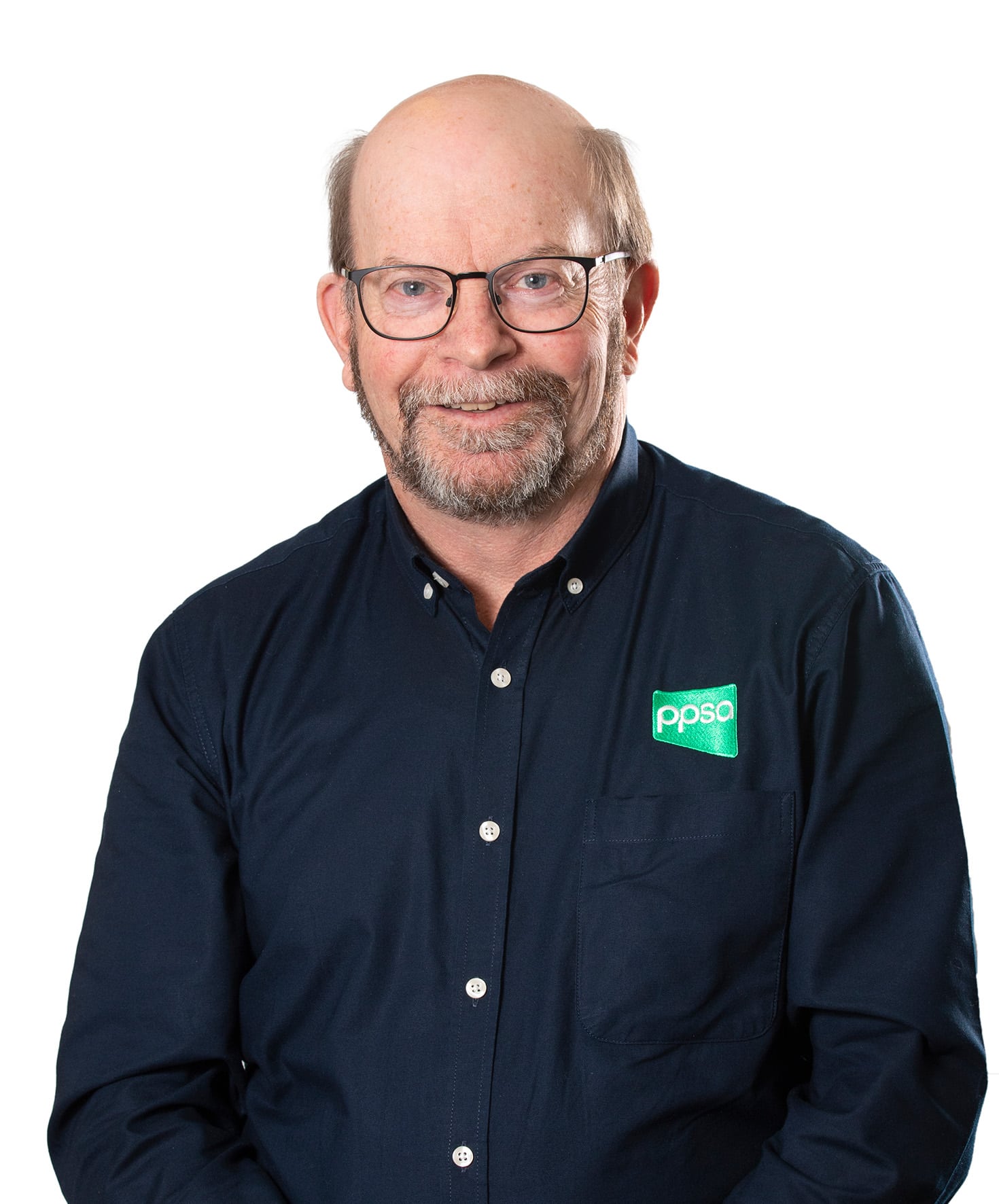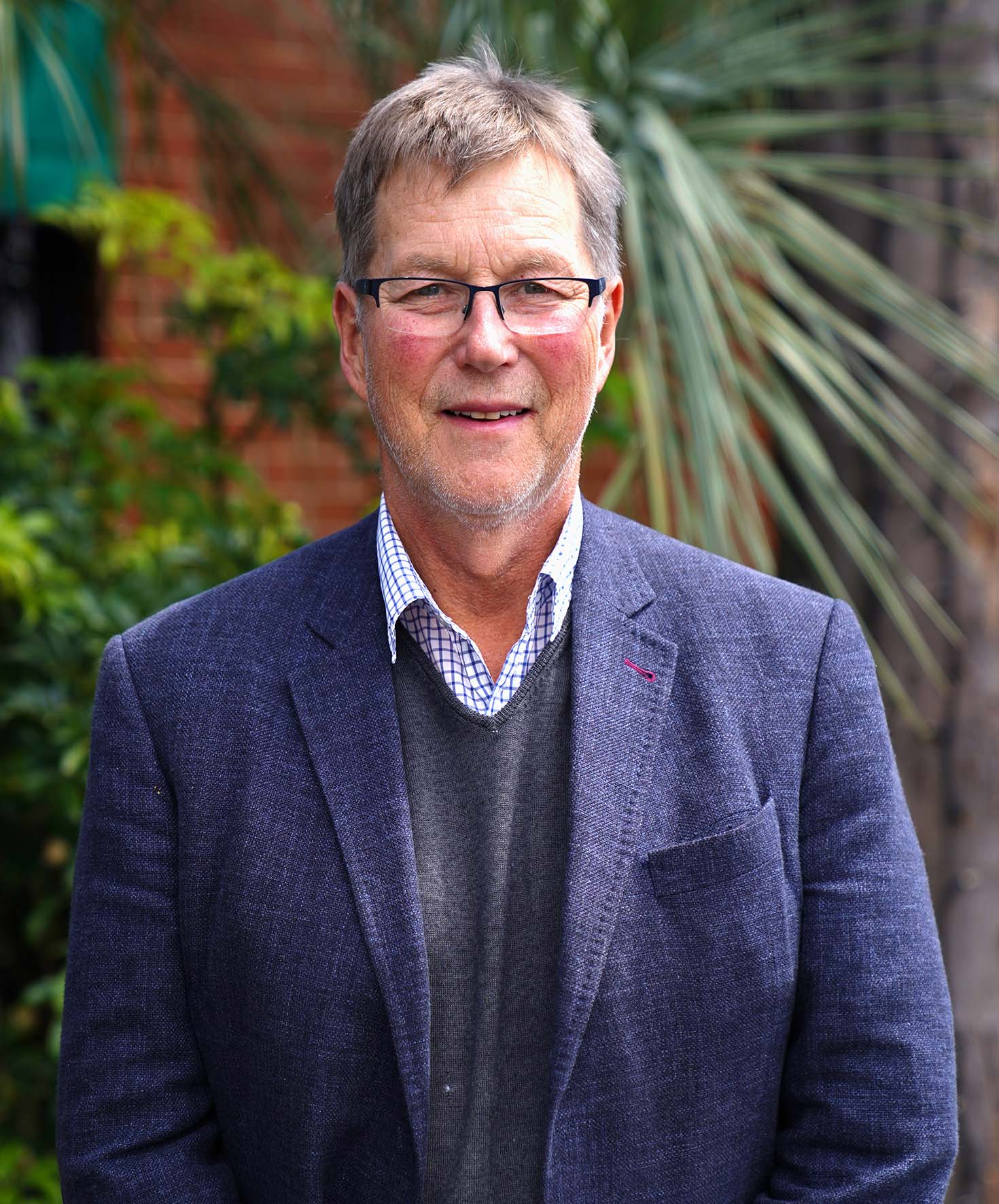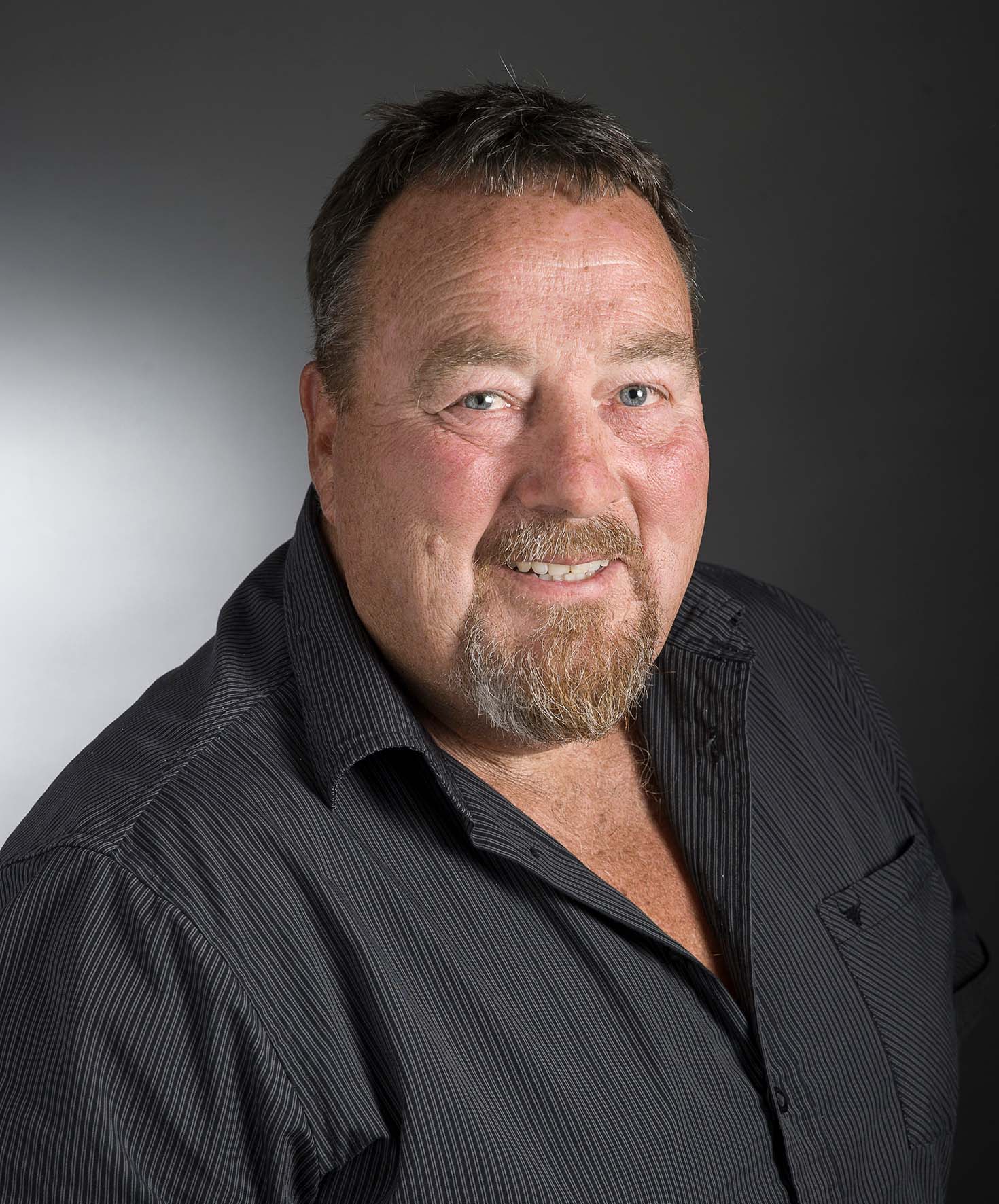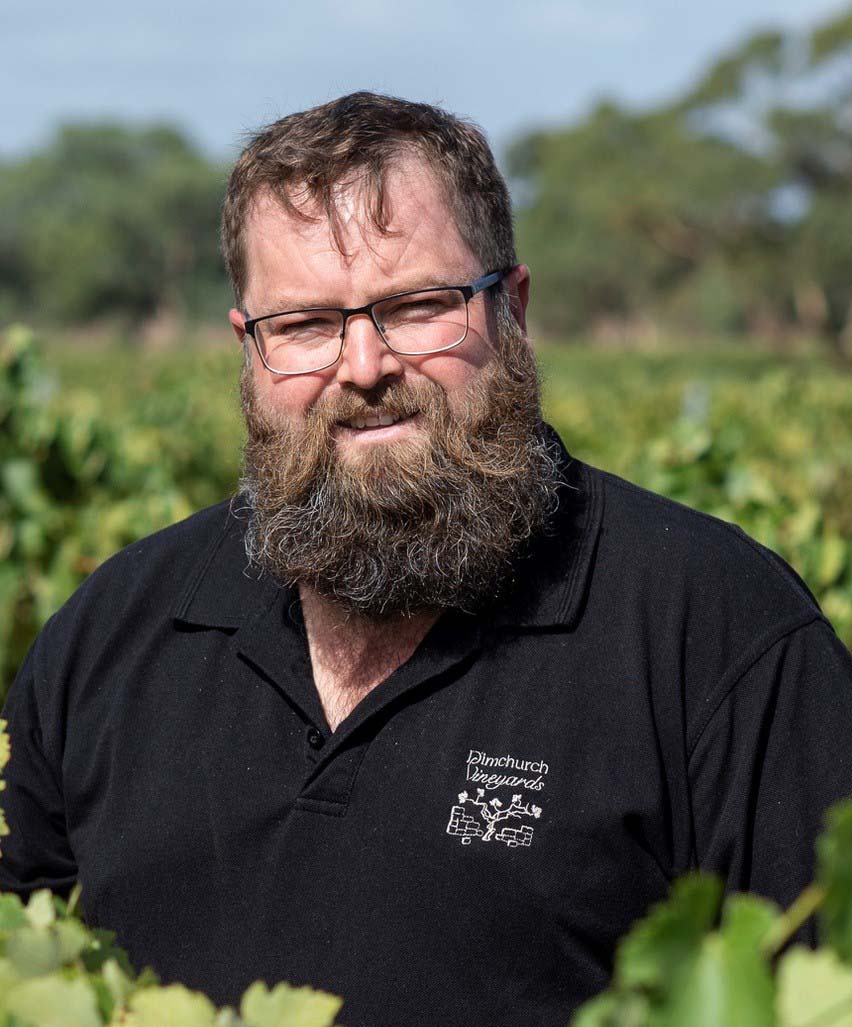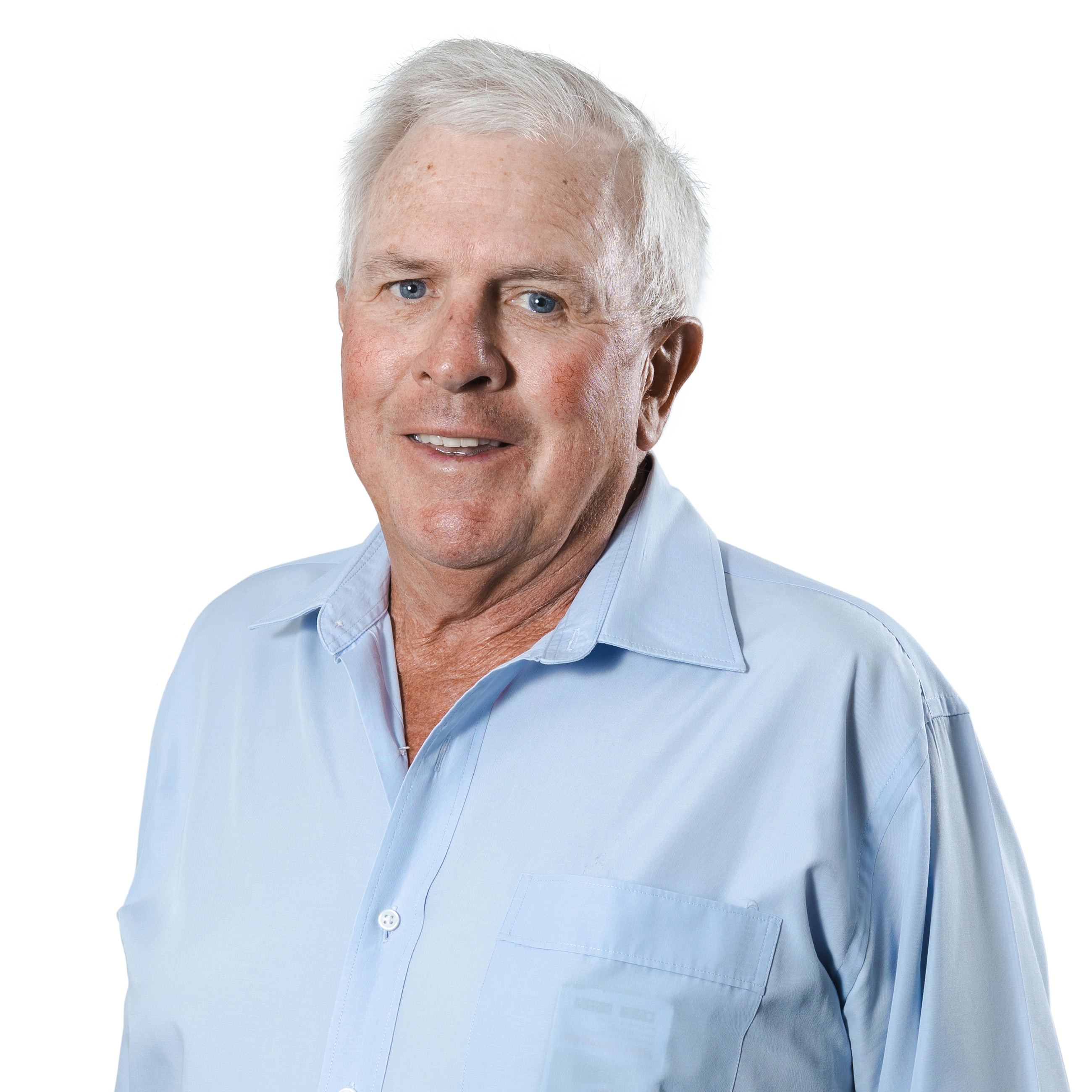Going into the height of summer and plenty of spraying needing to be done due to the wet season and heavy vegetation loads, the issue of spray drift needs to be front and centre in farmers’ minds.
As Grain Producers SA has highlighted with their recently launched campaign: Keep Your Droplets to Yourself, safe summer spraying practices are crucial to avoid the damaging consequences of spray drift.
Social licence, and the right to farm, can be easily affected by issues outside a farmer’s control, as evidenced nationally by the 2011 livestock export ban debacle. Even locally, housing and other developments on prime agricultural land can negatively impact adjoining farm practices.
So, ensuring social licence is not affected by circumstances that are within our control is a no-brainer.
The gaze of the wider media is turning to agricultural practices, with recent reports claiming that Australia has some of the laxest regulation of pesticide use in the western world. This is despite the APVMA’s stringent regulations around chemicals and their usage.
Even community leaders, including an award-winning Landcare champion, have called for the issue of passive chemical exposure to be placed firmly on the national agenda.
This increasing scrutiny about what we do on farm makes it more important than ever to ensure producers are doing the right thing in their practices.
But despite potential fines of up to $35,000 for spray drift incursions, there are still instances of producers not hitting their target being reported.
Primary Producers SA recently chaired an agricultural chemical stewardship roundtable, to hear various perspectives on the issue.
The roundtable allowed key stakeholders to gain a shared understanding of the impact of chemical trespass.
There was a strong desire from everyone at the roundtable to see poor spraying practices across all commodity sectors stamped out, and in doing so, ensure the state’s producers can maintain community trust.
The three key outcomes from the roundtable centred around training and education, decision support tools and data, and compliance.
There was consensus from those at the roundtable that there is a real, and present, opportunity to elevate the commodity-specific focus of training in crop protection product handling, and its application and delivery.
Education is critical and needs to extend to crop protection product retailers and machinery dealerships, so they can effectively pass on the correct information about chemical handling and application to their customers.
Access to decision support tools, such as the Mesonet weather network, is another critical factor.
Having access to tools such as this allows users to have the information and data they need readily available, to help ensure they are avoiding inversion conditions and are only spraying in the appropriate conditions.
Ensuring we retain access to the products that make it possible for us to farm profitably is crucial.
Losing access to the chemicals and products that keep us profitable is a clear and ever-present threat.
Primary Producers SA will continue to engage with all stakeholders to work on the issues addressed and plot the best way forward.
With the Harvest Code agreement now reached in SA, thoughts have also turned to ensuring a safe harvest through fire prevention.
Farmers can now use either the Grassland Fire Danger Index of the new Fire Behaviour Index, under the Harvest Code of Practice this harvest.
No matter which data set is used to assist decision making, informed preparation is the key to ensuring a safe harvest.
We do what we do on farm for a reason, to grow the clean and green food and fibre that Australia is known for, in a profitable way.
It’s up to all of us to be doing the right thing for the right reasons. What we do on farm affects not only us, but our neighbours and wider community.
We don’t want to be forced to go back to the days when tillage was commonplace for weed control.
The only thing we need to ban is bad practice.
This column was written by PPSA Chair Professor Simon Maddocks and first appeared in December 29, 2022 edition of the Stock Journal.

